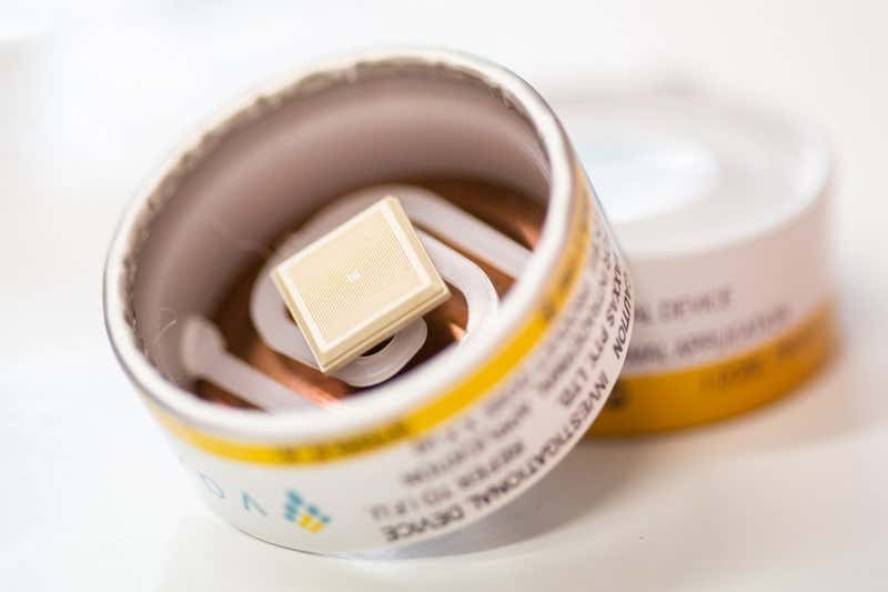Vaccine with covid-19 patches and other options for impoverished countries
At the University of Queensland (Australia), a patch vaccine has been developed that has been shown in mice to provide better protection than conventional injections. In addition, it needs a lower dose, can be stored at room temperature and self-installed in places where there are no health professionals.
Australian researchers have previously developed other vaccines with patches against influenza, polio, dengue and other diseases, and thought that this technology could also be useful against covid-19. In this way, they created a patch with 5,000 small plastic tips where the vaccine is dry. The patch is placed in the top layer of the skin by an applicator, pressing and painless.
The proliferation of immune cells in the skin results in a strong immune response, both through antibodies and cell phones and at a single dose.
It is now beginning to be experienced in people and is expected to be especially useful in areas with few health professionals and with limited means of transport and cold storage of vaccines.
For their part, the owners of the antiviral drug against Molnupiravir SARS-CoV-2 (Merck, Ridgeback Biotherapeutics and Emory University) have authorised impoverished countries to produce and distribute medicines without barriers to the patent. The Medicines Agencies have not yet authorized this medicine, but they have awakened the hope that it will be much easier to take than the existing treatments so far, even cheaper. It is expected to be of great help where there is a lack of vaccines.






